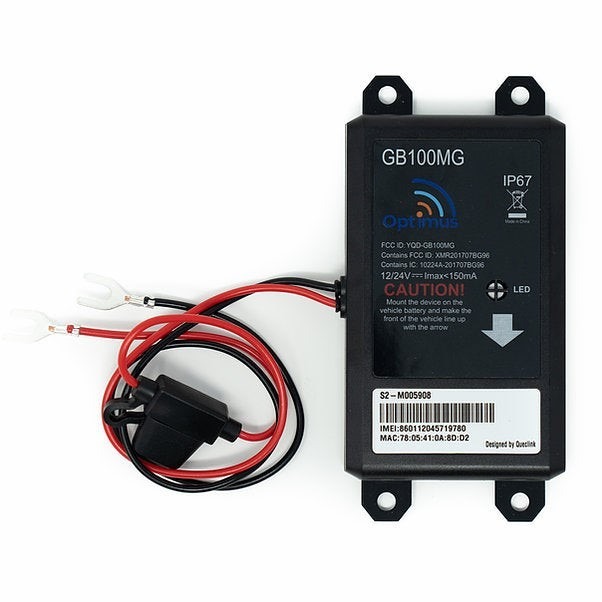Outdoor GPS tracking battery performance is crucial for reliable GPS asset tracking solutions. The longevity of these batteries directly impacts the effectiveness and efficiency of tracking assets in various outdoor environments. Battery Suppliers play a pivotal role in providing the necessary power solutions for outdoor GPS devices, ensuring they can withstand extended use without frequent recharges or replacements.
Importance of Battery Life in GPS Asset Tracking
Effective GPS tracking relies heavily on continuous operation, especially in remote or rugged environments where power sources may be limited. Battery life directly influences how long a GPS device can remain operational before needing a recharge or replacement. This is critical for asset management, security, and logistics applications where uninterrupted tracking is essential.
Factors Affecting Battery Performance
Several factors influence the battery life of GPS tracking devices:
- Usage Patterns: The frequency of location updates and data transmission affects how quickly the battery drains.
- Environmental Conditions: Extreme temperatures, moisture, and exposure to sunlight can degrade battery performance over time.
- Battery Type and Quality: High-quality batteries designed for outdoor use can significantly extend operational lifespan compared to standard consumer-grade options.
Challenges in Outdoor Environments
Outdoor GPS asset tracking faces unique challenges that impact battery longevity:
- Temperature Extremes: Cold temperatures reduce battery efficiency, while heat can accelerate battery degradation.
- Physical Wear and Tear: Outdoor devices are susceptible to physical damage and exposure, which can affect both the device and its battery.
Innovations in Battery Technology
Advancements in battery technology are vital for enhancing and improving GPS tracking reliability:
- Energy Efficiency: New battery technologies offer better energy density, providing longer operational life without increasing size or weight.
- Smart Power Management: Integrated systems monitor power consumption in real time, optimizing usage to extend battery life.
Future Trends and Considerations
The future of GPS tracking lies in sustainable and efficient power solutions:
- Renewable Energy Integration: Solar and kinetic energy harvesting technologies are being explored to supplement or replace traditional batteries.
- Environmental Impact: Sustainable battery disposal and recycling practices are gaining importance as electronic waste concerns grow.
Enhanced Data Security
Another critical aspect affected by battery life in outdoor GPS asset tracking is data security. Extended battery life allows for more consistent data transmission and updates, reducing the risk of data loss or interruption. This ensures that real-time information about asset location and status remains reliable and accessible at all times.
Cost Efficiency
Long-lasting GPS tracking batteries also contribute to cost efficiency in operations. Reduced need for frequent battery replacements or recharges lowers maintenance costs and increases overall operational efficiency. This is particularly beneficial for large-scale deployments where managing and maintaining multiple GPS devices can be resource-intensive
Conclusion
Battery life is a critical factor in the effectiveness of outdoor GPS asset tracking solutions. Reliable GPS tracking battery ensure continuous operation and data integrity, crucial for various industries relying on asset management and security. As technology advances, innovations in battery technology by Emerging Power are paving the way for more efficient and sustainable GPS tracking solutions.

